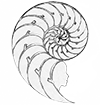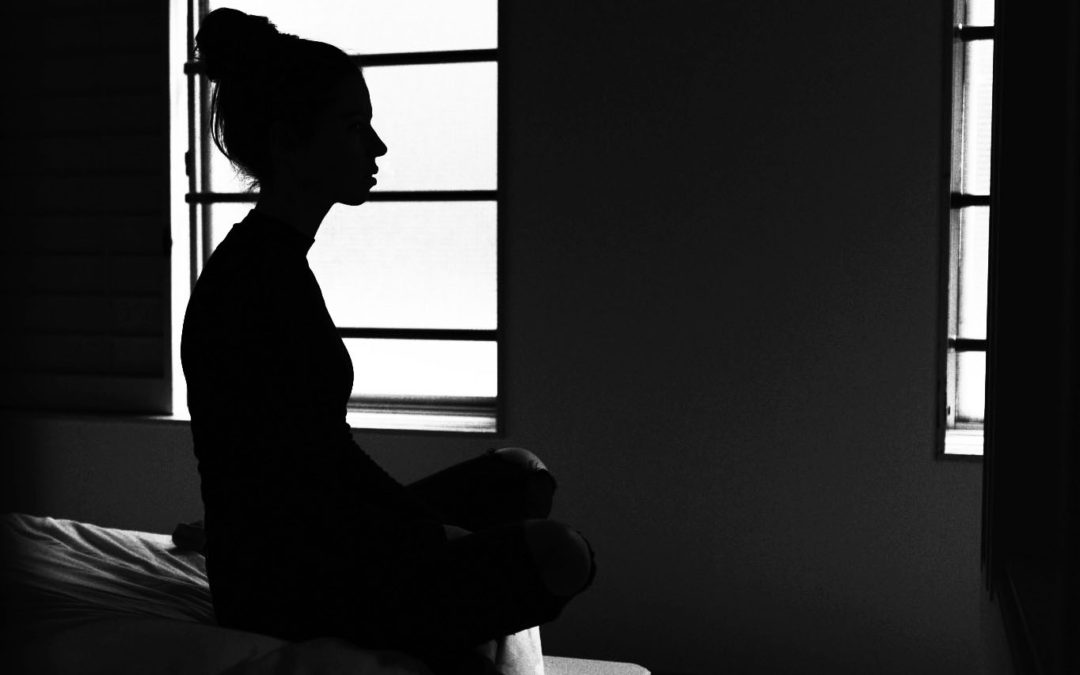“This pandemic is making me face myself.”
I’m hearing that over and over. The busyness of life, especially pre-pandemic life, can really keep symptoms at bay. It reminds me of being in graduate school. I was learning so much and it was showing me things about myself that I didn’t have time to process because of the demands of school. Then, as soon as the breaks between quarters happened, I would get sick or exhausted. Grief would arise or anxiety. It was so disappointing because when the quarter got really tough I would dream of having time during the break to relax and do things I didn’t have time for during school. My system had other plans.
Any of that sound familiar?
As so much of our former lives have gotten put on hold, the dizzying pace and distraction of those times is not available to protect us from big feelings that live under the surface.
Three Phases of Isolation
According to Dr. Kimberly Norris, a clinical psychologist at The University of Tasmania in Australia, there are predictable phases in our emotional health during a time of isolation.*
- Confusion–A time for adjusting to the isolation, panic buying, getting set up.
- Honeymoon— Staying home feels pretty good. People say it’s nice not to commute and be so busy, and they enjoy wearing pajamas all day and working from home.
- Reality–Loneliness and resentment surface.
Some say we are now in the third phase and this is where the mental/emotional crisis can strike.
I noticed the transition in myself a bit last weekend. I realized it was the day I was supposed to have a group of friends over for a regular gathering that I host. Reality hit out of nowhere– gatherings like that are on indefinite hold. Though this wasn’t new information, that was the moment the grief emerged.
When Reality gets too real.
Your rational brain will want to explain away pandemic stress. Your right brain and stress response systems are not fooled. Try to stay connected to reality and let yourself have the feelings that arise. If you can name what you’re feeling and own it, it’s much better than stuffing the feelings and lashing out at your co-shelterers.
If you have a friend you can vent with, it’s a big help – especially if they can just let you share your experience without trying to fix it, “silver lining” it or make the conversation about them. Back and forth is good, but it’s important that both people get heard.
The body is showing the symptoms
It’s not only mental health that is suffering. The list of physical symptoms I’m hearing from people is long. Here’s a sample:
- Migraine/Headaches
- Sleep disturbance
- Digestion: reflux, irritable bowel symptoms, constipation, stomach pain/bloating, diarrhea
- Brain fog
- Fatigue
- PMS symptoms: breast tenderness, cramps, etc.
- Increase in pain, especially back and joints
- Injury, falls
- Worsening of any chronic condition
If this is happening to you, working on your stress alongside anything your doctors are recommending will probably help.
Attend to your daily maintenance of mental and physical health.
Please be gentle with yourself. None of this is easy. Even if it’s in very small doses, putting some attention to daily practices for stress relief and health will be a big help. This includes a combination of sleep, eating regular meals, taking walks, getting outside, making contact with people – you know, regulation.
Take advantage of the videos and blogs on my website for ideas and tools if they help.
It’s so helpful to learn to listen and respond to your body’s experience and quiet the thinking brain sometimes. There is so much wisdom for you to access.
Follow your impulses for what is next
A great way to build regulation is listening to what your body needs in the moment. I’m so delighted to hear people say that they’re practicing following their impulses about what to do with their day. I mean following their BODY’S impulse. You can imagine my delight. Over and over they report they’re actually getting more done even compared to before shelter in place because they’re not spending time resisting or procrastinating. Instead, they’re following the energy they have at the moment to get things done instead of trying to conform to a schedule or list of “shoulds”.
This is a great way to relieve the pressure we put on ourselves, like paddling upstream. Go with the stream!
Balance “Reality” by letting yourself enjoy the little pleasures
There are a lot of layers to our experience right now; tough challenges and an unknown future. Many of us are experiencing a combination of fear and still appreciating some of the blessings in disguise of this time. This is really important. Try to spend at least a little time enjoying the blessings within the experience to help soften the fear.
Compared to pre-pandemic times, work and activity are somewhat slower for many of us. Many people say they are enjoying the time with their family, even if it’s also a struggle to deal with online school and boredom. This slowness hasn’t been available to us for a long time, and there will be a day when things are busier again.
For now, it’s important to be with what is, to avoid pushing too hard and try to stay healthy. We have no idea how long it will be before this pandemic ends, or when viable treatments will be available. It will be a while.
Warm wishes,



